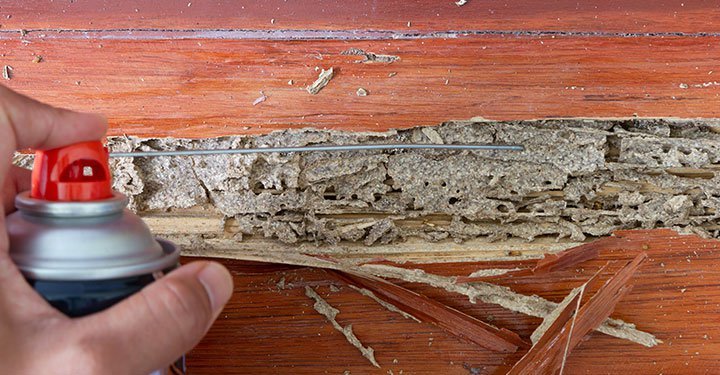Bacolod’s Legacy – The Ruins at Talisay, Timeless Elegance
Bacolod, a city in the heart of the Philippines, bears witness to a remarkable testament to history and enduring elegance—the Ruins at Talisay. Standing proudly amidst the lush landscapes of Negros Occidental, this architectural masterpiece narrates a story that transcends time. The Ruins, also known as the Taj Mahal of Negros, encapsulates the grandeur of an era long gone, a chapter in the annals of sugar barons and their opulent lifestyles. The narrative begins in the early 20th century when the Ruins were not just a set of skeletal walls but a sprawling mansion, built by the affluent sugar baron, Don Mariano Ledesma Lacson. The mansion, initially known as the Mariano Mansion, was a symbol of love and dedication, erected in memory of Maria Braga, Don Mariano’s beloved wife, who tragically passed away during the birth of their 11th child. The mansion’s construction was said to be a reflection of the patriarch’s undying love for his departed wife—a love so profound that it transcended the boundaries of mortality.
The mansion’s architecture is a fusion of Italian and neoclassical influences, showcasing meticulous attention to detail and a commitment to aesthetic excellence. Majestic columns adorned with intricate carvings, timeless archways and a wealth of ornamental embellishments stand testament to the wealth and sophistication of the Lacson family. The mansion’s grandeur was further accentuated by its expansive gardens, featuring a central fountain that added a touch of European charm to the estate. However, tragedy struck once again during World War II when the mansion was set ablaze by retreating Japanese forces. What remained were the ruins that we see today—skeletal walls that echo the resilience of the human spirit and the enduring beauty of the past. The Ruins, though partially destroyed, emerged from the ashes as a symbol of strength, endurance and the timeless elegance that transcends the ravages of time.
Today, the ruins at Talisay stand as a heritage site, drawing visitors from far and wide to witness the remnants of a bygone era. The golden hour, with the setting sun casting a warm glow upon the ruins, transforms the site into a photographer’s paradise, enhancing its ethereal beauty. The place has become not only a historical landmark but also a venue for celebrations, cultural events and even weddings, echoing the enduring love that inspired its creation. In the heart of Bacolod’s sugar country, the Ruins at Talisay continue to weave a story that resonates with visitors—a story of love, loss, resilience and timeless elegance. It stands as a poignant reminder that even in the face of destruction; the echoes of the past can be both haunting and beautiful, leaving an indelible mark on the cultural landscape of Bacolod.

